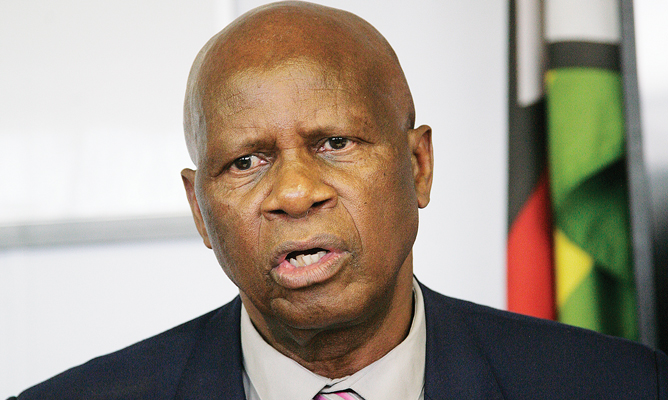
THE local textile industry expects to push capacity utilisation to 45% this year after the government gazetted some Statutory Instruments discouraging cheap imports of textile products into the country, an official has said.
BY MTHANDAZO NYONI
In 2015, the industry was operating at below 30% of capacity owing to an influx of cheap imports.
Zimbabwe Textile Manufacturers’ Association secretary-general, Raymond Huni told NewsDay that the industry would take off well this year due to measures introduced by government to protect the industry.

“This year we are anticipating an improvement due to a number of measures introduced by the government to protect the industry. As industry, if everything goes well we want to push industry capacity to 45%,” he said.
In his Mid-Term Fiscal Policy review, Finance minister Patrick Chinamasa introduced the manufacturers’ rebate of duty on critical inputs imported by approved textile manufacturers.
This rebate covers spare parts, yarn and unbleached fabric, among others.
Furthermore, it was proposed to remove blankets from the Open General Import Licence for a period of 24 months.
- Chamisa under fire over US$120K donation
- Mavhunga puts DeMbare into Chibuku quarterfinals
- Pension funds bet on Cabora Bassa oilfields
- Councils defy govt fire tender directive
Keep Reading
Poly-knitted fabric is currently imported in semi-processed form, hence, undergoes very limited local value addition before transformation into a blanket, which competes with locally manufactured blankets.
To that effect, government increased customs duty on poly knitted fabric from 10% to 40% plus $2,50 per kg.
The government also banned imports of the second-hand clothes with Huni saying if implemented would see the sector double its contribution to gross domestic product to 10%.
The textile sector requires at least $20 million to revive the industry currently reeling under low capitalisation levels and an influx of cheap imports but the government does not have money.











